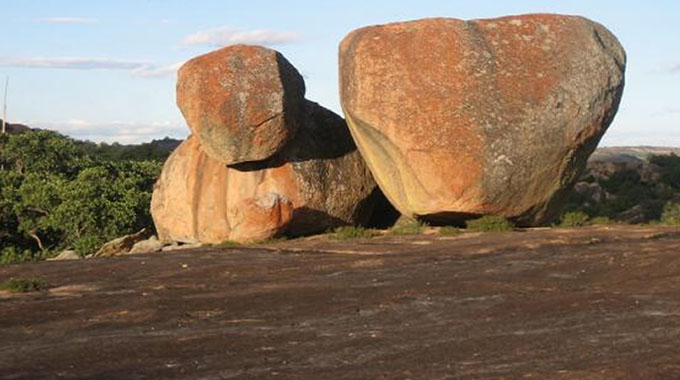Let’s leave nothing to chance

Stephen Mpofu
In the aftermath of Cyclone Idai, the mother of four fore runner less devastating cyclones in eastern Zimbabwe, and with climate change a stark reality, the government might seriously wish to consider setting up a standing consolidated disaster stabilisation fund to prepare for any future weather-driven calamities affecting the country.
Nothing should be left to chance anymore and important stakeholder organisations dealing with agriculture, tourism among other relevant institutions could be roped in to give the proposed fund above greater stature and in that way enhance our country’s preparedness in the event of similar, disastrous weather intrusions.
Nothing much is known, if any at all, as to whether cyclonic visitations to this country were common before those without knees set foot and entombed in dead animal skins on African soil and with the written word stored in their minds to be offloaded onto dormant African memory tanks; otherwise such cyclones would have been immortalised in African folklore.
What African tales have communicated for successive generations relates to rain-making ceremonies at Zame, otherwise commonly referred to as the Njelele shrines in the Matopos mountains when the country was gripped by devastating droughts as what looks set to happen this year due to failed rains.
Stories are told of how spirit mediums and other folk travelled from far and wide to attend rain-making ceremonies to entreat the Most High Spirit to open the skies to nourish the land for the survival of people and wildlife.
It is also said that some of those returning home from Matopos arrived back home dripping wet with responses to their prayers for rain.
[Today Christian churches do hold prayer meetings when rains fail to entreat the Most High God to change weather conditions for better for his His creations.]
Zimbabweans both at home and in the diaspora responded overwhelmingly to the devastation caused by Cyclone Idai in Chimanimani and Chipinge in Manicaland and in parts of Masvingo province, raising funds in addition to the various goods needed for the relief of victims of the cyclone. Several foreign countries have also weighed in with large donations of money and other forms of assistance in the wake of the cyclone which left scores of people dead with others still unaccounted for, not to mention the destruction of homes, schools,crops as well as infrastructure such as roads and bridges.
Some of the money left over from the restoration of the affected areas can be used as seed money for the disaster fund proposed above with levies exacted on operations by patriotic organisations or institutions to swell the fund for purposes of mitigating any future cyclonic havocs, crippling droughts, road disasters among other calamities.
The resounding responses by Zimbabweans working and living in foreign countries to the disaster caused by Cyclone Idai proves beyond any doubt the love and concern these people have for the motherland.
Is it therefore not possible for our government to introduce measures to woo the sons and daughters of this country abroad to remit money home as investment for the recovery of the economy shattered by the illegal Western sanctions with Washington’s Zidera cyclone recently extended for another year apparently in hopes by American President Donald Trump to effect regime change in Harare in order for people who kow-tow to Washington to get into power.
The diaspora Zimbabweans should be encouraged and helped to invest their money in projects here at home to generate more revenue for the benefit of their next of kin and for the investors themselves when they finally return home to roost.
Such efforts dove-tailing into what the Government does here at home cannot fail to revive and grow the Zimbabwean economy and in that way put a smile on everyone’s face, with our external detractors put to shame.
What this also suggests is that power hungry politicians desist from spreading negative propaganda abroad about their native country as Zimbabweans not on the ground to see things for themselves are wont to be blown by the cheap propaganda wind and remain too close with their money when they ought to be the geese helping to lay the golden eggs to nourish our domestic economy for the good of the nation as a whole.












Comments